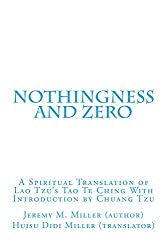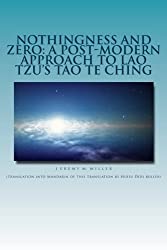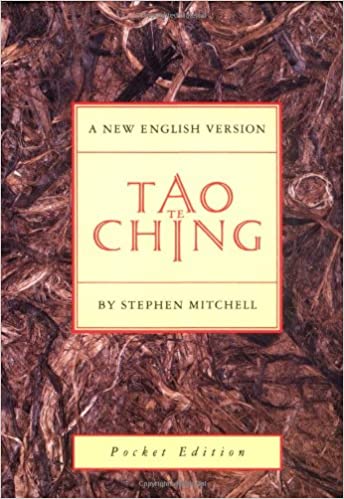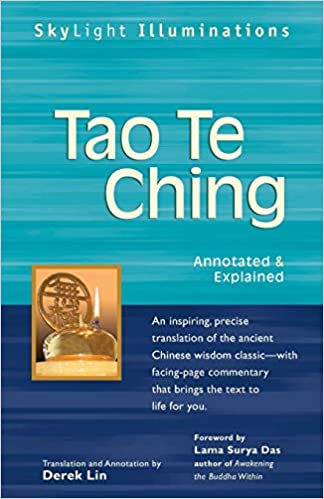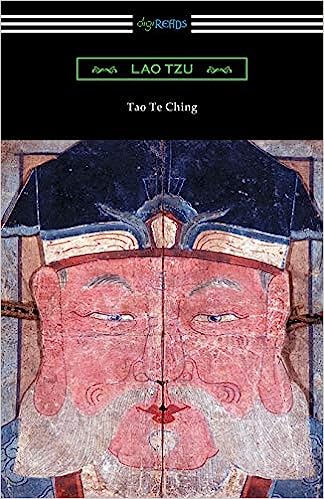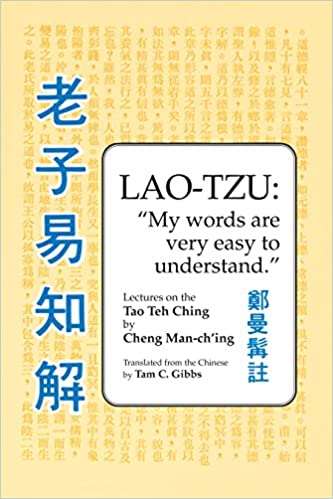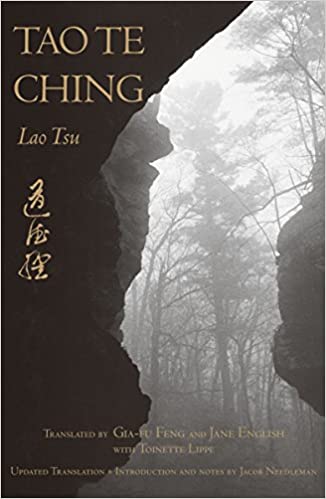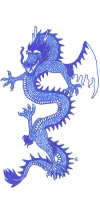
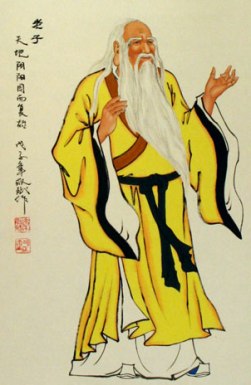
Lao Tzu
Tao Te Ching...
verse for today (*):
80
If a country is governed wisely,its inhabitants will be content.
They enjoy the labor of their hands
and don't waste time inventing
labor-saving machines.
Since they dearly love their homes,
they aren't interested in travel.
There may be a few wagons and boats,
but these don't go anywhere.
There may be an arsenal of weapons,
but nobody ever uses them.
People enjoy their food,
take pleasure in being with their families,
spend weekends working in their gardens,
delight in the doings of the neighborhood.
And even though the next country is so close
that people can hear its roosters crowing and its dogs barking,
they are content to die of old age
without ever having gone to see it.
(translation by Stephen Mitchell, 1995)
-+-+-+-
Small country, few people
Let them have many weapons but not use them
Let the people regard death seriously
And not migrate far away
Although they have boats and chariots
They have no need to take them
Although they have armors and weapons
They have no need to display them
Let the people return to tying knots and using them
Savor their food, admire their clothes
Content in their homes, happy in their customs
Neighboring countries see one another
Hear the sounds of roosters and dogs from one another
The people, until they grow old and die
Do not go back and forth with one another
-+-+-+-
Be content with what you gain peacefully.
(translation by Jeremy M. Miller, 2013)-+-+-+-
*) The
It was written around the 6th century BC by the sage Lao Tzu.
The short text consists of 81 brief chapters, or verses.
Every day we issue a "verse of the day" for contemplation, in two leading English translations, that nevertheless differ substantially, and since December 8th 2013, we have a radically different third translation:
The I Ching is based on the number 2, with its 2 x 2 x 2 x 2 x 2 x 2 (26) = 64 hexagrams.
The Tao Te Ching is based on the number 3, with its 3 x 3 x 3 x 3 = 81 chapters.
We now offer it in three translations.
Perhaps, when reflecting on the three interpretations, the true meaning will emerge.
These 81 verses simply rotate; every day the next number, and after 81, number 1 will appear again.
This is done deliberately; if you want to read the complete text, you should purchase the resp. translations by Stephen Mitchell, Derek Lin or Jeremy M. Miller below.
(All three available in Kindle edition as well.)
If you missed yesterday's verse, you can still read it at ICHING.ONLINE, which is always one day behind of I Ching Online.NET.
Tao Te Ching
is a Chinese classic.It was written around the 6th century BC by the sage Lao Tzu.
The short text consists of 81 brief chapters, or verses.
Every day we issue a "verse of the day" for contemplation, in two leading English translations, that nevertheless differ substantially, and since December 8th 2013, we have a radically different third translation:

|
"Nothingness and Zero" A Post New-Age Approach to Lao Tzu's Tao Te Ching, published by courtesy of the translator and interpreter. © Copyright 2013 Jeremy M. Miller. All rights reserved. Acknowledgments: The hundreds of prior translations, especially that by Arthur Waley. To Pythagoras, who understood Zero and taught It; and to Chuang Tzu, the ideal poetic student. |
The Tao Te Ching is based on the number 3, with its 3 x 3 x 3 x 3 = 81 chapters.
We now offer it in three translations.
Perhaps, when reflecting on the three interpretations, the true meaning will emerge.
These 81 verses simply rotate; every day the next number, and after 81, number 1 will appear again.
This is done deliberately; if you want to read the complete text, you should purchase the resp. translations by Stephen Mitchell, Derek Lin or Jeremy M. Miller below.
(All three available in Kindle edition as well.)
If you missed yesterday's verse, you can still read it at ICHING.ONLINE, which is always one day behind of I Ching Online.NET.

